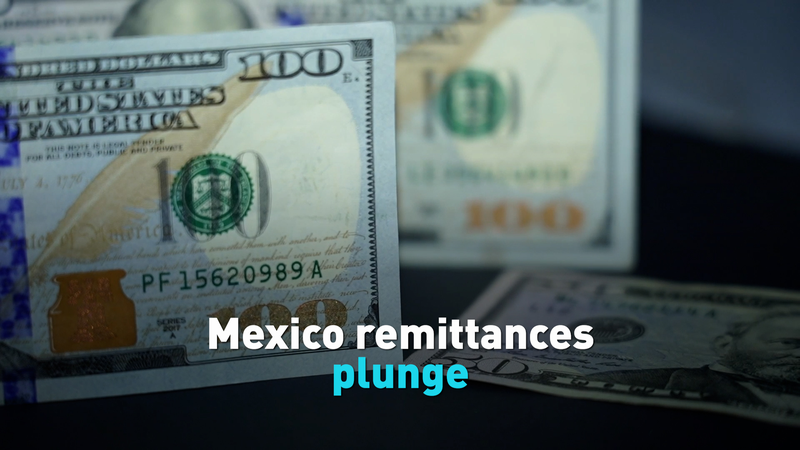Remittances sent to Mexico by workers abroad have experienced a significant downturn, according to recent data, raising alarms about the financial stability of millions of households and broader economic implications. These funds, often described as a lifeline for families, account for a substantial portion of Mexico's economy and are critical for covering essentials like food, education, and healthcare.
Analysts attribute the decline to shifting global labor markets, tighter immigration policies in key host countries, and economic uncertainties in regions where Mexican expatriates are concentrated. The drop comes at a sensitive time for Mexico, where remittances surpassed $60 billion in 2023, outpacing foreign direct investment and tourism revenue.
Local economists warn that prolonged reductions could strain public services and consumer spending, particularly in rural areas heavily reliant on these inflows. Meanwhile, policymakers are urged to explore diversification strategies to mitigate dependency on remittance flows.
CGTN reported from Mexico City that families are already adjusting budgets, with small businesses noting decreased foot traffic. 'This isn't just numbers—it's about people choosing between medicines and school supplies,' said one community organizer.
Reference(s):
cgtn.com








